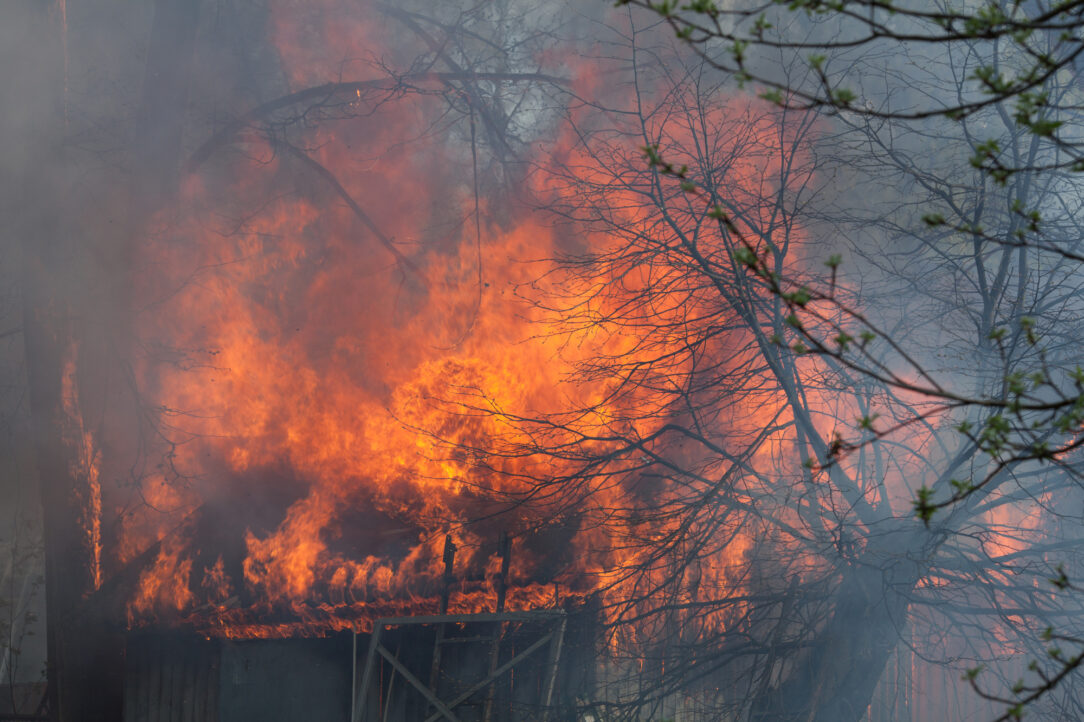It’s the kind of news no wants to hear, especially when on vacation thousands of miles from home. My best friend and her family were in Mexico when they got the news her husband’s woodworking shop had burned to the ground. Worse yet, their much-loved pets perished in the blaze.
The fire destroyed every tool her husband owned, his reloading equipment, all the items a family saves, but doesn’t use on a regular basis. His shop was his favorite place to while away the hours, working on projects for his daughters and friends. It was his place to hang out and shoot the breeze with friends, to share deer hunting adventures during deer season. It was gone, all gone.
The snarly task of replacing as many of these treasures as possible was daunting. It meant pains-taking hours of putting together an inventory and dealing with the insurance company. My friend never imagined this could happen to them; they had no list and few pictures.
Most are not prepared for such a tragedy. We think it will never happen to us. The insurance adjuster noted that 90% of us don’t have an accounting of our possessions. We may take some minor precautions like backing up computers weekly and keeping valuable documents in a fireproof box.
There is a lot of information on how to prepare in case of such a disaster.
Here are 6 of the most unique and useful tips I found:
- Get involved with your fire department. It may be one of the best ways to prepare. Volunteer when they need help, attend their fundraising functions. Tell and show these brave men and women how much you appreciate them.
- Make copies of important documents and pictures, keep copies at a friend’s or relative’s house. Put the originals in a fire resistant safe or safety deposit box.
- A most basic truth is that the fewer things you own, the fewer things you will need to replace in case of a fire. This is a good litmus test when deciding if you should keep an object — ask yourself, “Would I replace this if it were destroyed in a fire?” If the answer is no, perhaps you don’t need to hold onto it now.
- Be properly insured against loss from fire. Take pictures/video of all your belongings, make a list, and review it with your insurance agent. Ask if you need a rider for items such as computer equipment, jewelry, antiques etc. Think of the possessions you would replace if they were damaged or destroyed. Don’t cut corners on your insurance coverage, be realistic. Additionally, be sure to have a loss-of-use or displacement policy to cover your expenses while you look for a new place or have your home repaired.
- Create a list of important numbers such as phone numbers, prescriptions, and usernames and passwords for online accounts. E-mail the information to a personal, web-based e-mail account (like Gmail) or store it on a cloud-based server. (I use Dropbox.)
- Consider having your photographs and home videos digitally scanned and stored online.
Watching my friends go through this experience was heartbreaking. Even though the chances are slim, disaster could strike any of us at any time.
What’s the one thing you will do because you read this message?
The road is easier together,

Linda Laitala, President
Raven Performance Group

